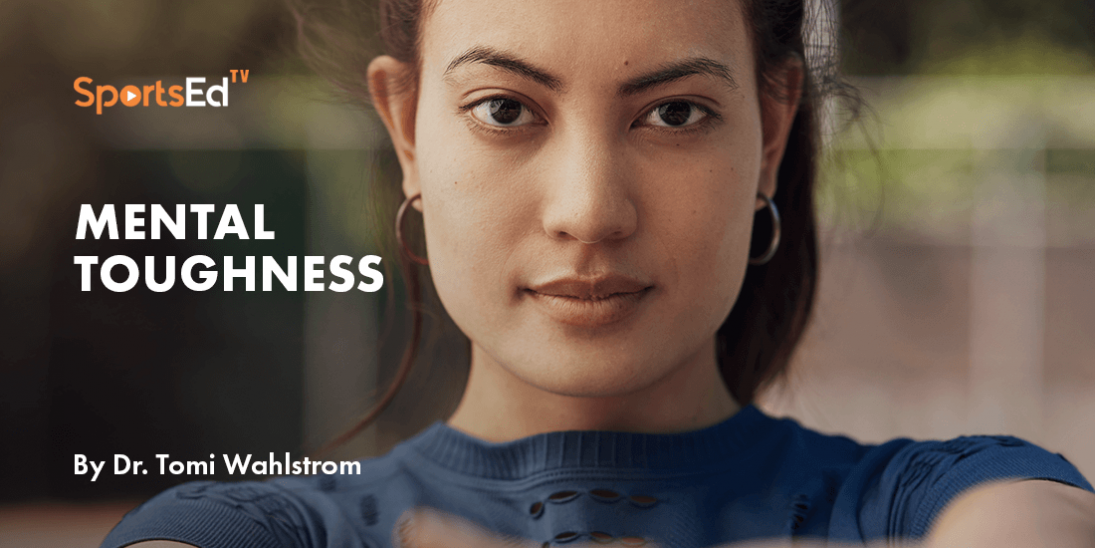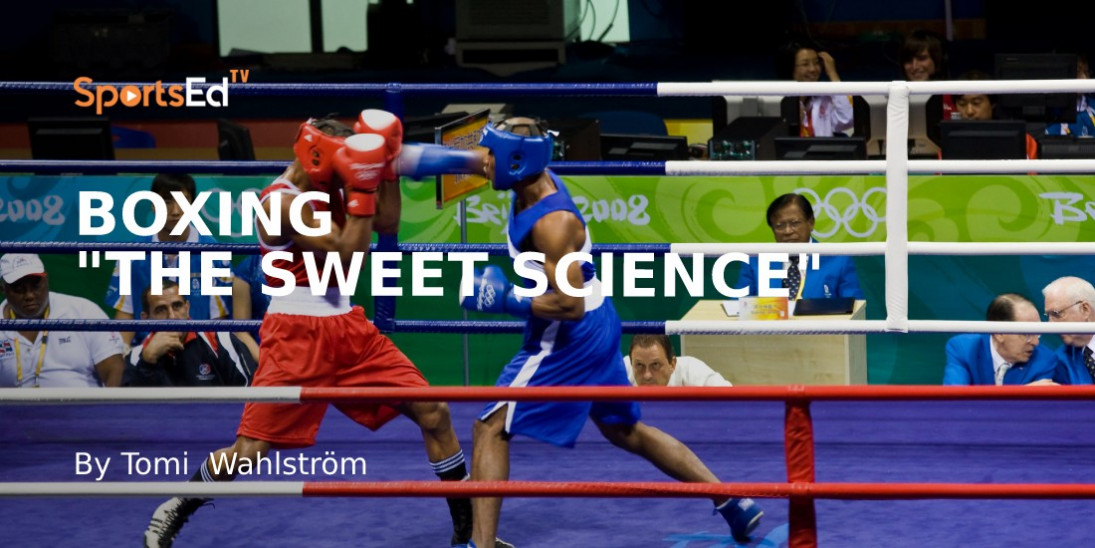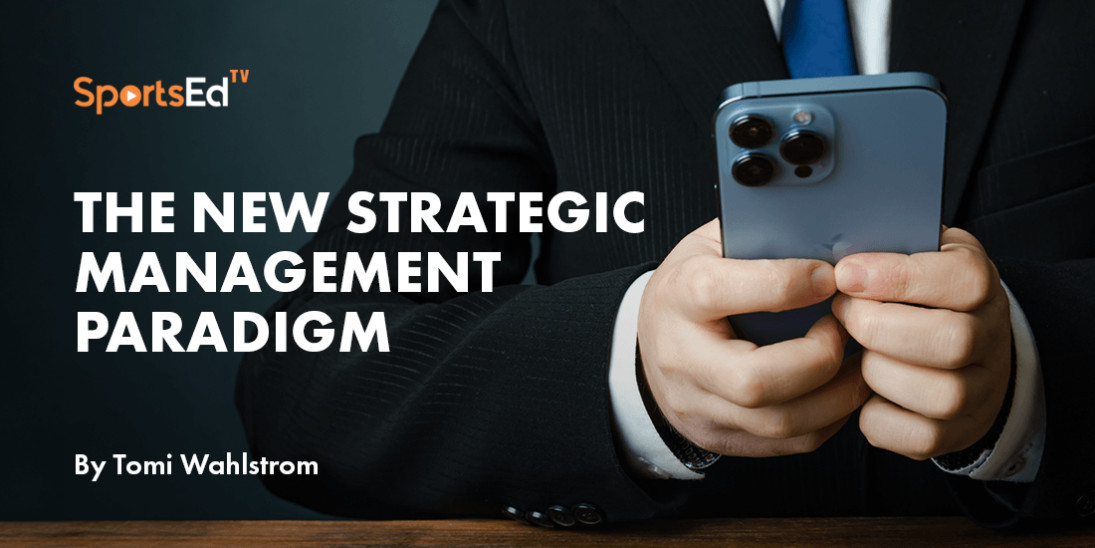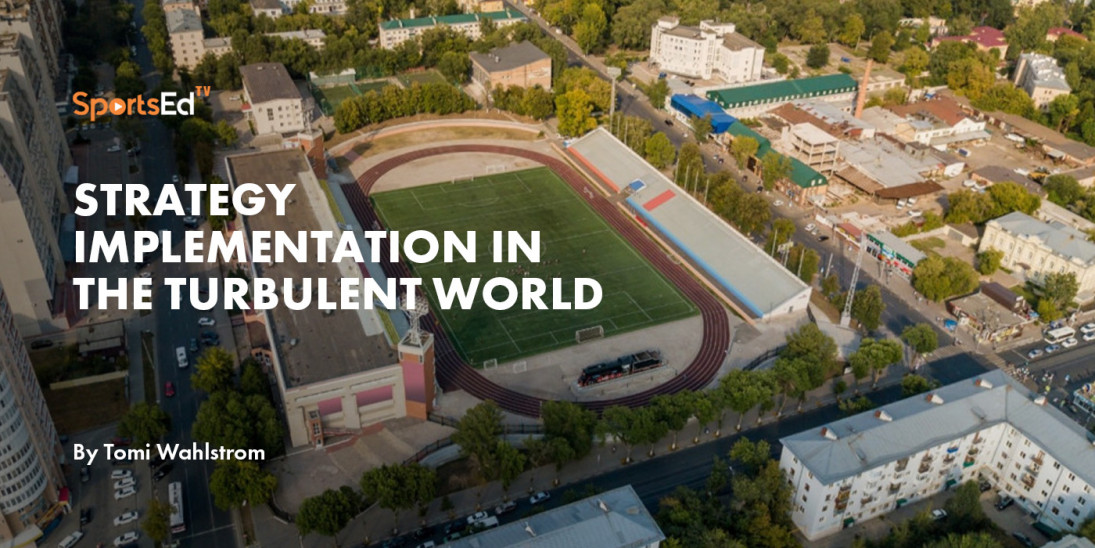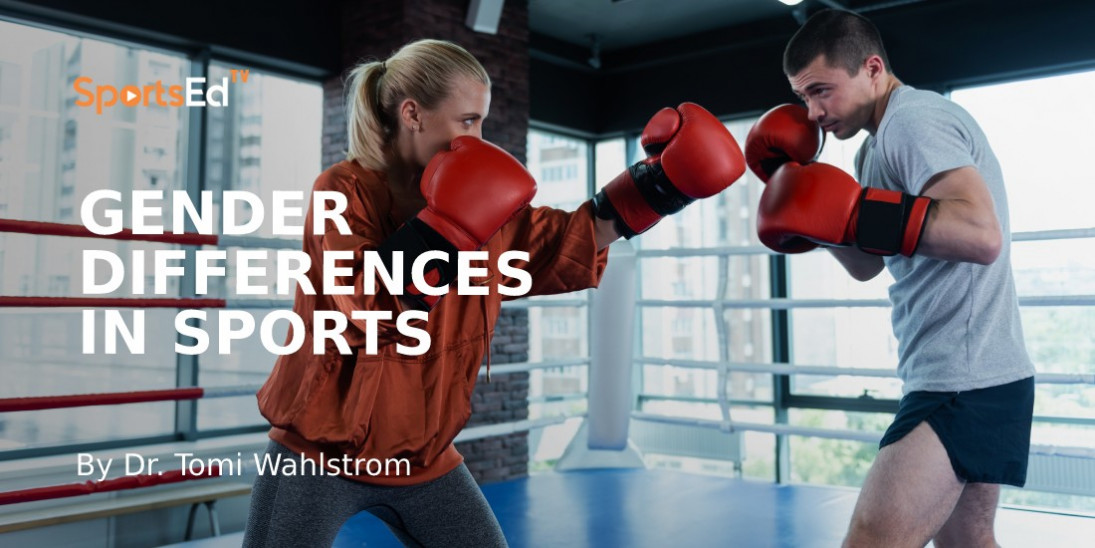Health
Welcome and thanks for visiting...

Tokyo Olympics Brought Focus to Athletes’ Mental Health
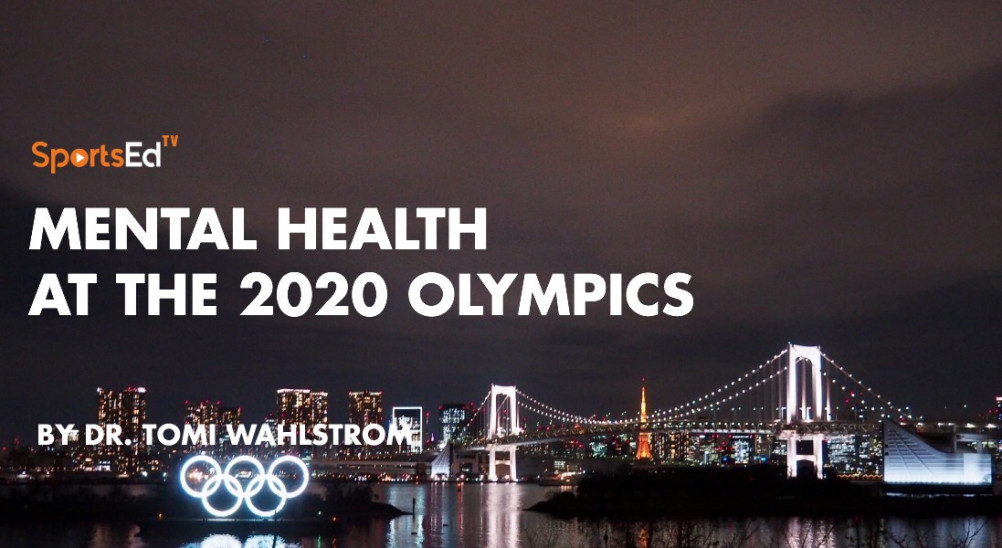
As different as the Tokyo Olympics were, given COVID restrictions, the surprise emergence of mental health issues among the competitors took center stage. The case of Simone Biles's withdrawal from most events due to her struggles with "twisties” has become an indelible memory of the games. Biles was not the only athlete who gathered notoriety for mental health struggles.
Tennis star Naomi Osaka, representing Japan lit the Olympic flame and then seemed to burn out by losing her first match in competitions. Both women spoke openly of their mental health struggles. Prior, swimmer Michael Phelps was probably the most famous spokesperson for mental health awareness.
A valid question asks if there was something unique in the Tokyo games that caused more mental health problems compared to previous games. The COVID pandemic is an obvious factor. However extreme heat and humidity were other externalities for some events. The stress and pressure of a full-year delay put unexpected pressure on athletes. Time differences may also have been a contributor.
The Olympic village quarantine isolated athletes, and restricted their movements drastically, allowing only practice and competition movements out of their quarters. Couple that with the banning of any family members to come to Japan and the athletes’—many of them very young—was severely reduced in conditions where they were needed the most.
Again the time difference made it even more difficult to seek even remote support from their supports systems. The severe reduction of fan attendance likely affected competitions, too, as many athletes draw energy and confidence from large cheering audiences.
The games were played in very hot weather conditions. This is not only harmful physically but it can have a significant impact on psychological wellbeing as well. Heat can increase the anxiety levels of athletes. It can impact sleep cycles and cause insomnia. Heat attacks can have severe consequences that can last up to four months. Symptoms of heatstroke can manifest with altered mental state and behavior including confusion, agitation, irritability, slurred speech, and delirium. Extreme heat can also lead to symptoms of depression and increased suicidal ideation. While Olympic athletes are fit people, they are not immune to these effects especially when they are already exposed to conditions that could lead to increased stress and anxiety.
Athletes timing their practice and development to peak for certain competitions is a complex process. Accurately timed conditioning, mentally and physically to perform at optimums is art, science and experience blended. When the 2020 Olympics were postponed timing schematics of training which may have even started after the 2016 Olympics were disturbed. Recovery from the interruption mentally and physically may have been impossible for some. The expectation to perform under any circumstances is draining and the uncertainty of the conditions that required athletes to peak twice exacerbated the stress and pressure for all. Some were able to respond. Others perhaps not.
Unfortunately, there is not a sufficient focus among trainers and coaches on the mental health and wellbeing of Olympic athletes. The existing system focuses on performance, first and foremost, and does not support athletes with mental health issues. There needs to be a better understanding of the stress and pressure that elite athletes experience. Mental health is important and mental illness is widespread. Athletes are humans like the rest of us and subject to the same pressures that we all feel. The pandemic has been hard on everyone. People have lost loved ones and been isolated from their families. Olympic athletes are also subject to the economic stressors caused by COVID-19. While not attending the Olympics, they must survive. Most of them are not independently wealthy or have lucrative sponsorship deals. They struggle like the rest of us.
Tokyo Olympics were definitely something that we have never seen before. We learned a lot from them, and hopefully, we have opened our eyes to the importance of mental health issues among Olympians. We will be following Simone Biles and Naomi Osaka for a while, and hoping for them to join the likes of Michael Phelps to educate us. We need to learn to start to change. They can help us if we are willing to listen. They can help themselves and other Olympians so that the games of the future would be safer for all of them.

